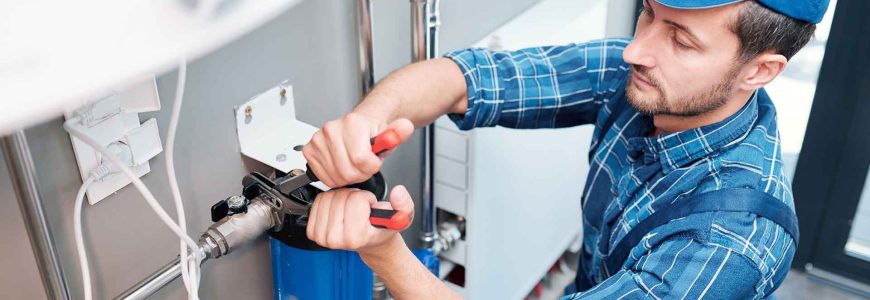On the off chance that you’re leaving on a development project in Cape Town, South Africa, or elsewhere besides, finding the right town planner is fundamental. A talented town planner can fundamentally influence the progress of your venture by exploring the many-sided snare of guidelines, adjusting local area needs, and guaranteeing ideal land use. Here are the characteristics you ought to search for in a town planner:
Aptitude in Neighborh2ood Guidelines and Drafting Regulations
A capable town planner ought to have a top to bottom comprehension of neighborhood guidelines and drafting regulations in Cape Town, South Africa. They ought to be knowledgeable in the complexities of building regulations, land use arrangements, and environmental guidelines. This ability guarantees that your undertaking conforms to every single legitimate requirement, limiting the gamble of postponements and complexities.
Solid Scientific Abilities
A powerful town planner near you ought to have solid logical abilities to evaluate the attainability of your development project. They ought to have the option to break down variables like site geology, framework accessibility, and environmental effect. This scientific methodology empowers them to pursue informed choices that streamline space usage and upgrade project maintainability.
Powerful Correspondence
Openness is absolutely vital in the field of town arranging. A fit town planner South Africa ought to be a great communicator who can liaise with different partners, including clients, modelers, designers, and nearby specialists. Clear correspondence guarantees that everybody in question is in total agreement, decreasing misconceptions and smoothing out the dynamic cycle.
Critical Abilities to think
Development projects frequently experience unanticipated difficulties. A talented town planner ought to have solid critical abilities to think to effectively explore these deterrents. Whether it’s tending to local area concerns, defeating plan limits, or finding savvy fixes to calculated issues, their critical thinking abilities will be significant to project achievement.
Meticulousness
The unseen details are the main problem, particularly around arranging. Your picked town planner Cape Town ought to definitely stand out enough to be noticed to detail. From exploring project documents to surveying building plans, their meticulous methodology guarantees that each part of your development complies with the best expectations and guidelines.
Adaptability and Flexibility
The field of town arranging is dynamic and liable to developing patterns and guidelines. An able town planner near me ought to be adaptable and versatile to changes. They ought to have the option to change procedures and plans in light of new data or moving local area needs, guaranteeing your undertaking stays pertinent and fruitful.
Solid Systems administration Abilities
Laying out certain associations with nearby specialists, local area members, and individual experts is pivotal for a town planner South Africa. A very much associated town planner can facilitate processes, gain local area backing, and access important assets, all of which add to the smooth movement of your venture.
End
In the domain of metropolitan development, the job of a town planner couldn’t possibly be more significant. Their mastery guides projects from idea to acknowledgment, guaranteeing that each choice lines up with guidelines, local area needs, and undertaking objectives. Whether you’re in Cape Town or elsewhere in South Africa, finding a town planner with the right characteristics will without a doubt prompt a fruitful and amicable development venture. Thus, when you leave on your next project, remember to focus on mastery in neighborhood guidelines, solid scientific abilities, powerful correspondence, critical abilities to think, tender loving care, adaptability, flexibility, and solid systems administration abilities while choosing your town planner. Your task’s prosperity relies upon it.










